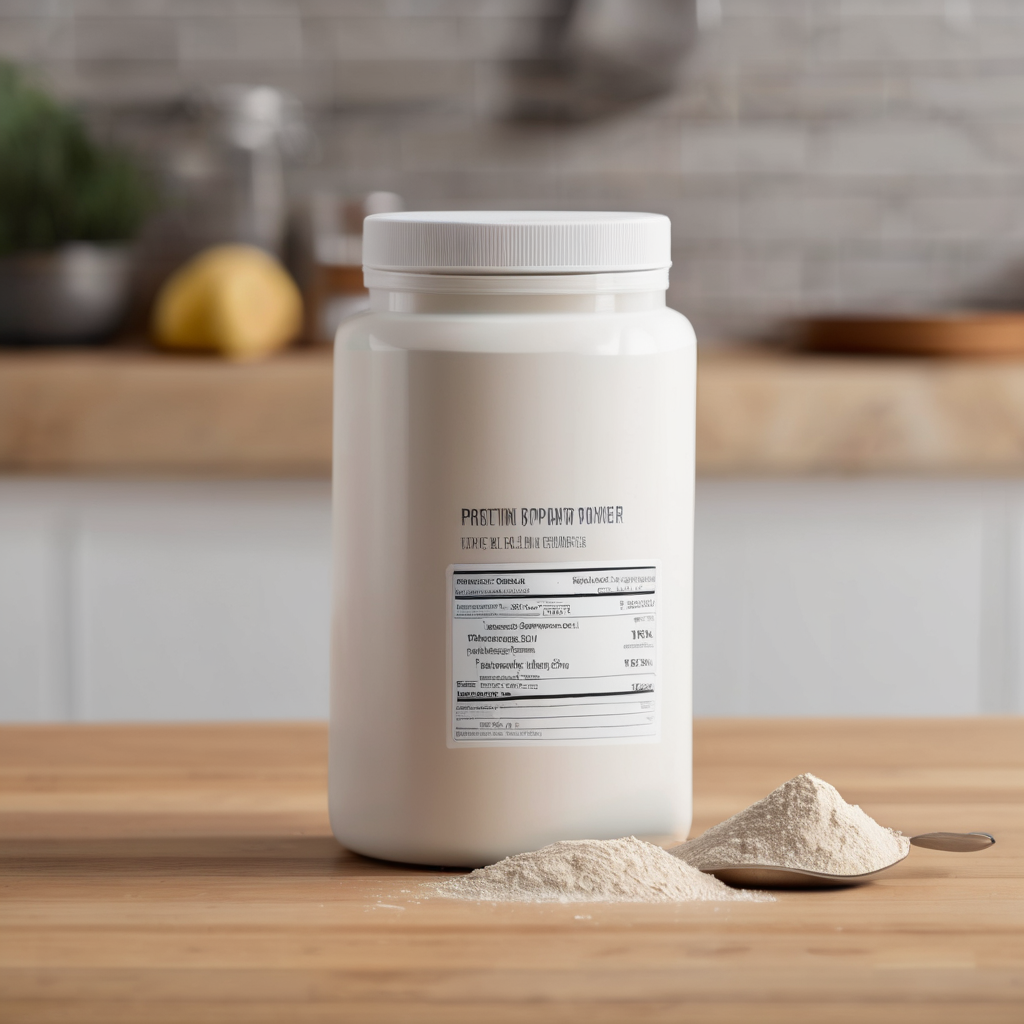Consumer Reports has raised significant concerns regarding protein supplements, revealing that some of these products contain more than 0.5 micrograms of lead per serving. This figure aligns with California’s stringent standards for daily lead intake. In contrast, the Food and Drug Administration (FDA) has set higher thresholds, citing that consumption surpassing 2.2 micrograms of lead per day in children and 8.8 micrograms in women of childbearing age may pose health risks.
Lead is known to be highly toxic and its accumulation in the body can result in severe long-term health issues. Experts emphasize that there is no known safe level of lead consumption, and therefore, even minimal exposure could be harmful. The thresholds established by health authorities are acknowledged as insufficient to eliminate all exposure, highlighting the persistent challenges in managing lead levels in consumables.
Medical professionals have reacted strongly to the findings. Dr. Stephen Luby, a professor of medicine at Stanford University, described the results as “very troubling.” Similarly, Dr. Pieter Cohen, an associate professor at Harvard Medical School, found the results concerning but cautioned against using them as definitive purchasing advice. He underlined that the issue reflects a more considerable problem within the supplement industry, where lead and other heavy metals can inadvertently contaminate products meant for health improvement.
In the United States, dietary supplements do not face the same regulatory scrutiny as food and pharmaceutical products. To ensure safety, Dr. Cohen advises consumers to opt for supplements produced by companies that engage in third-party quality certification programs, such as those overseen by the United States Pharmacopeia (USP) or the National Sanitation Foundation (NSF).
This situation serves as a crucial reminder for consumers to remain vigilant about the supplements they choose to incorporate into their health regimens. The potential presence of harmful substances underscores the importance of informed decision-making and awareness in the supplement marketplace.
